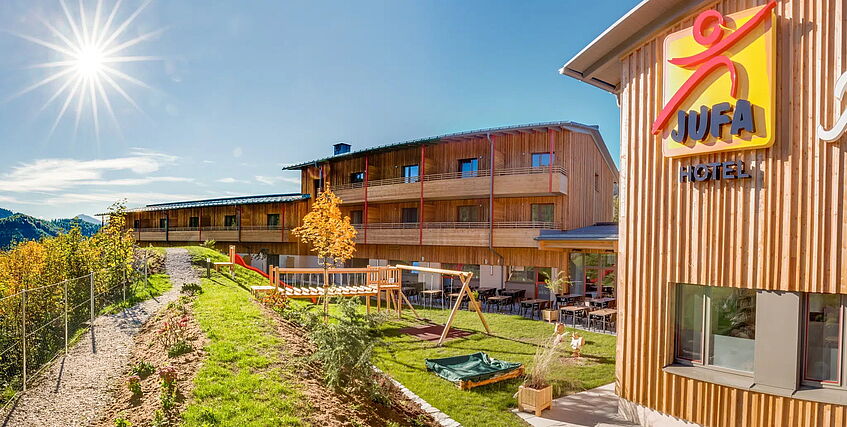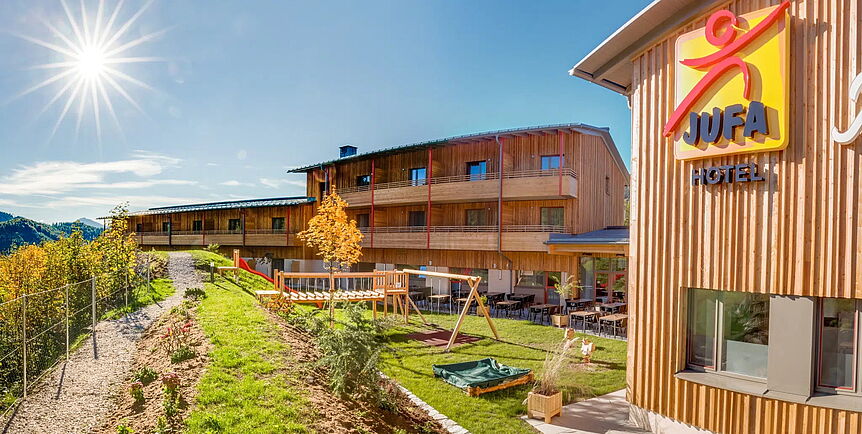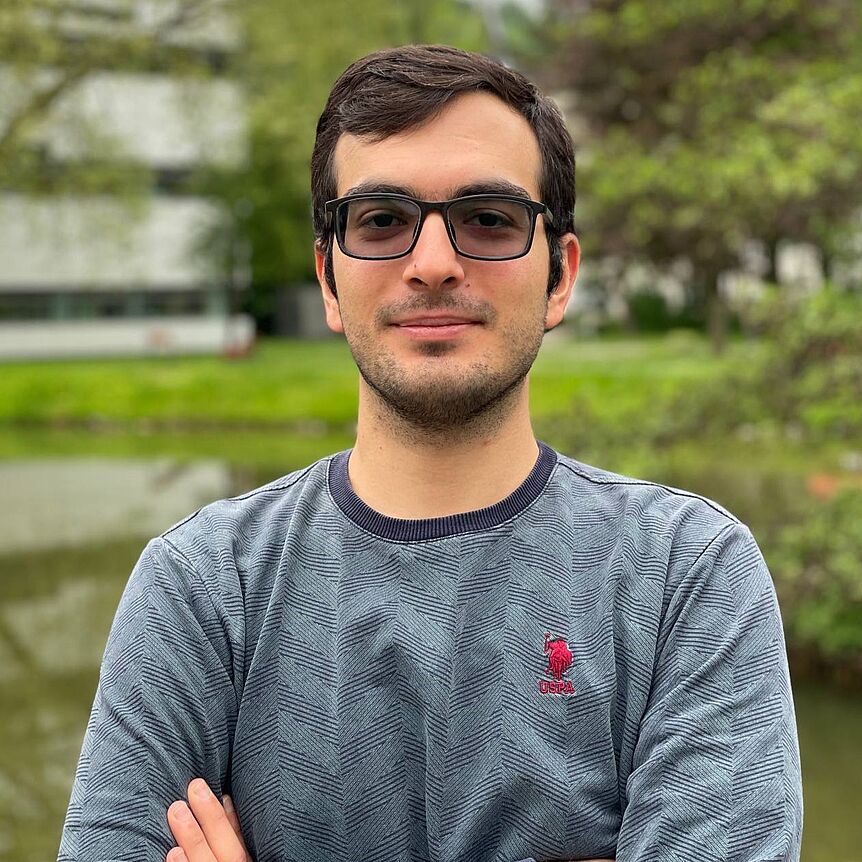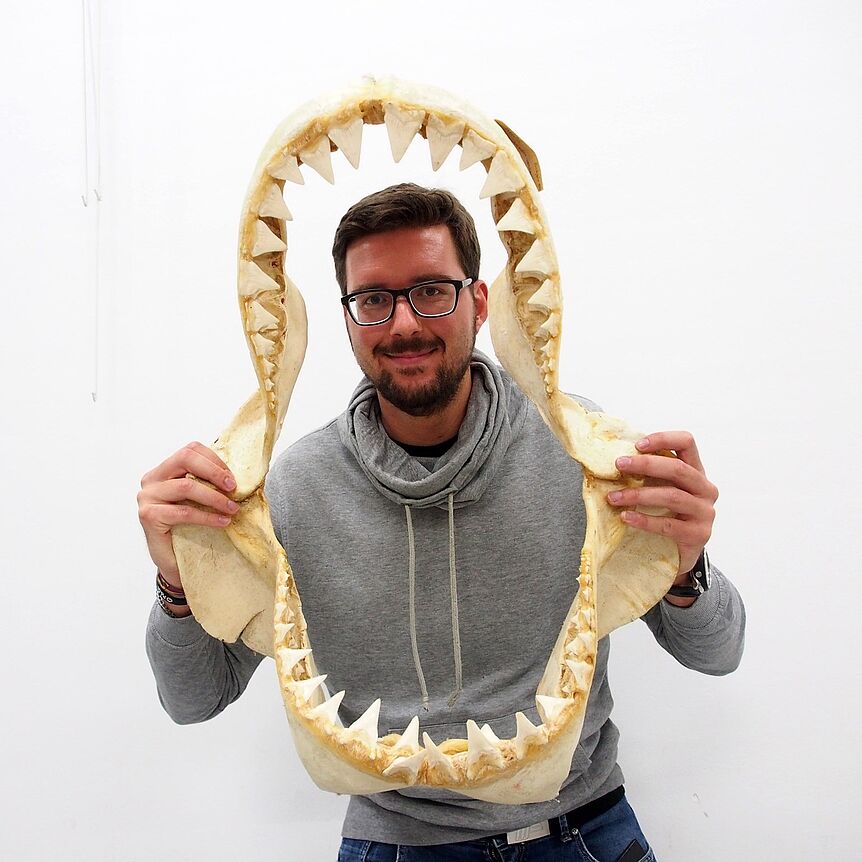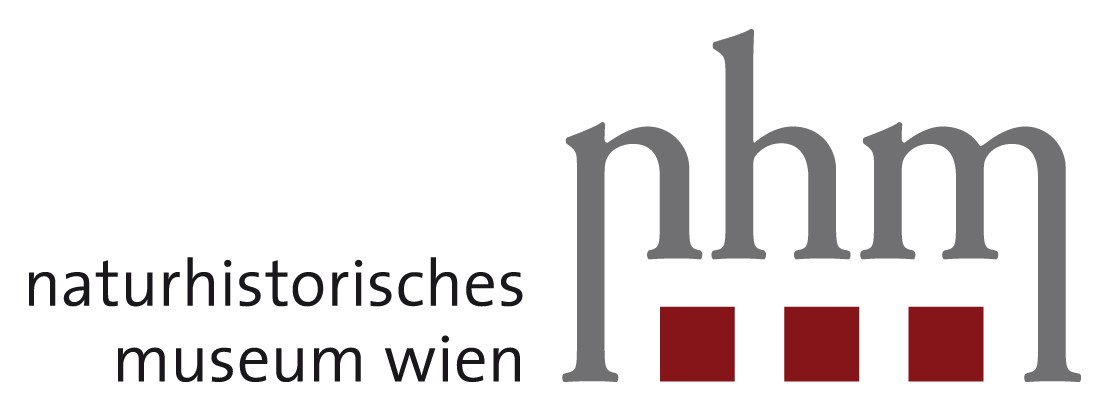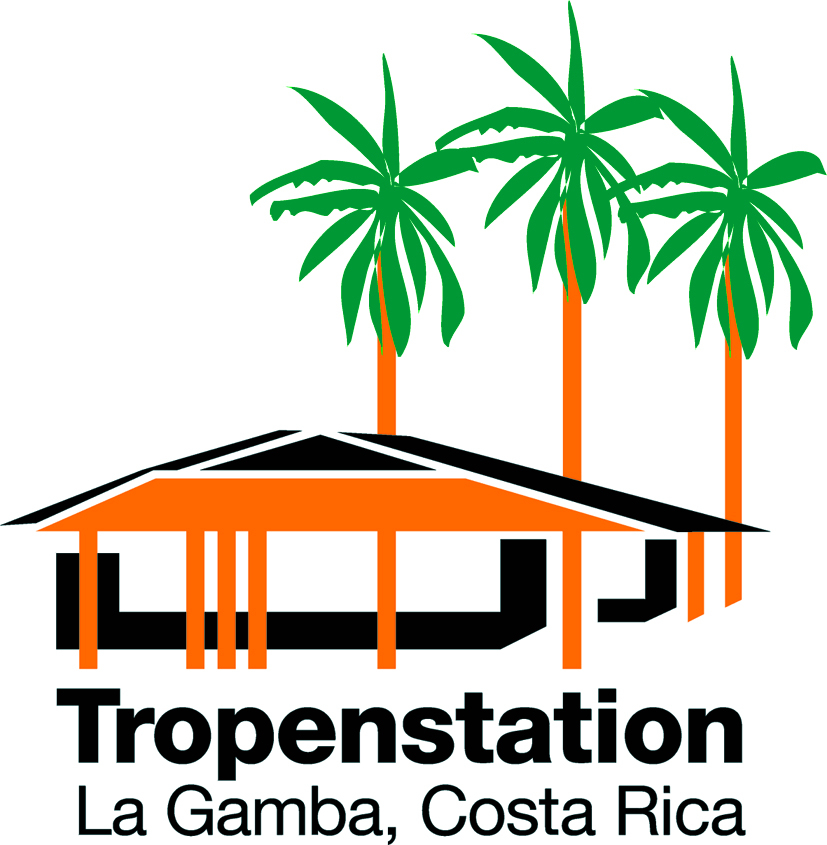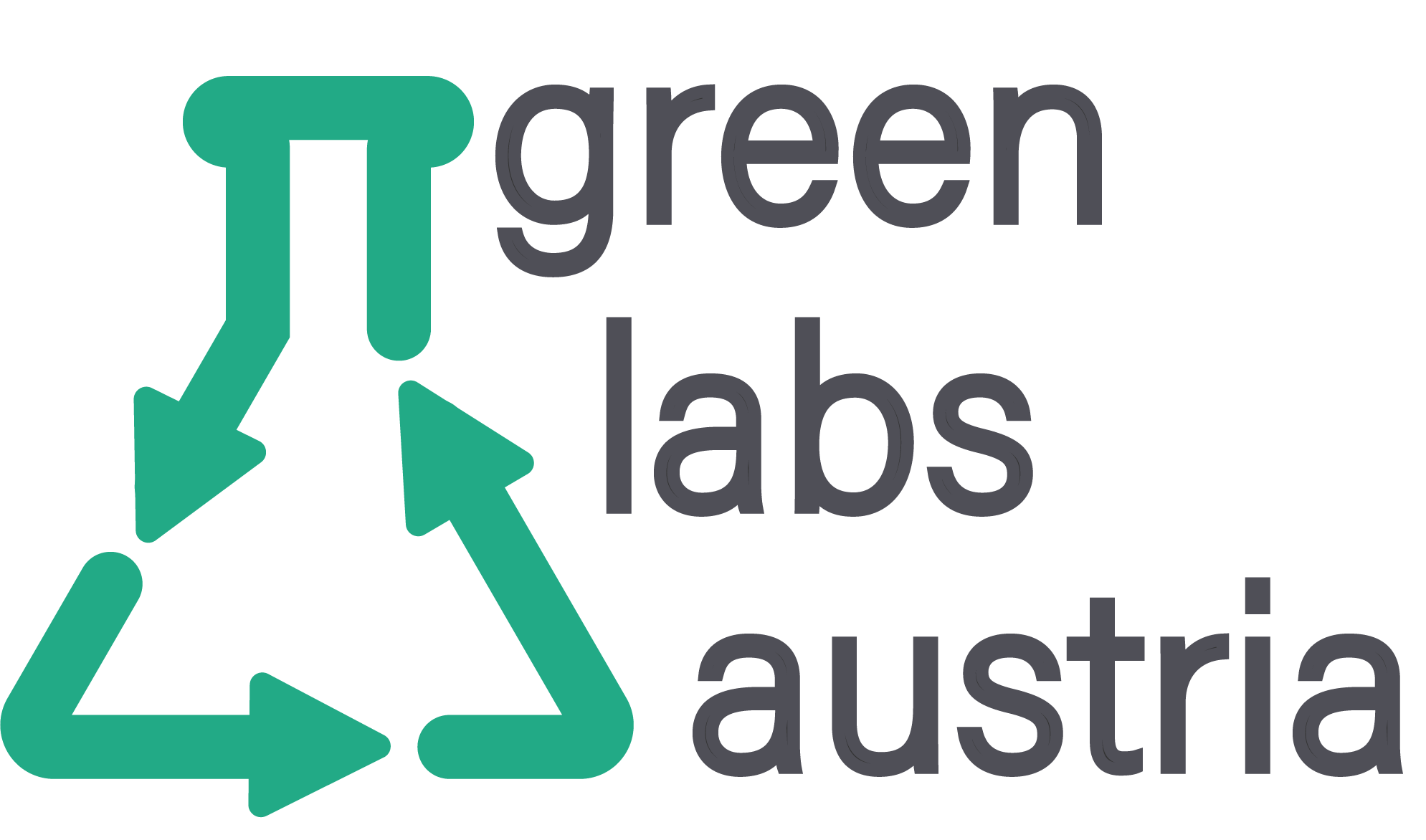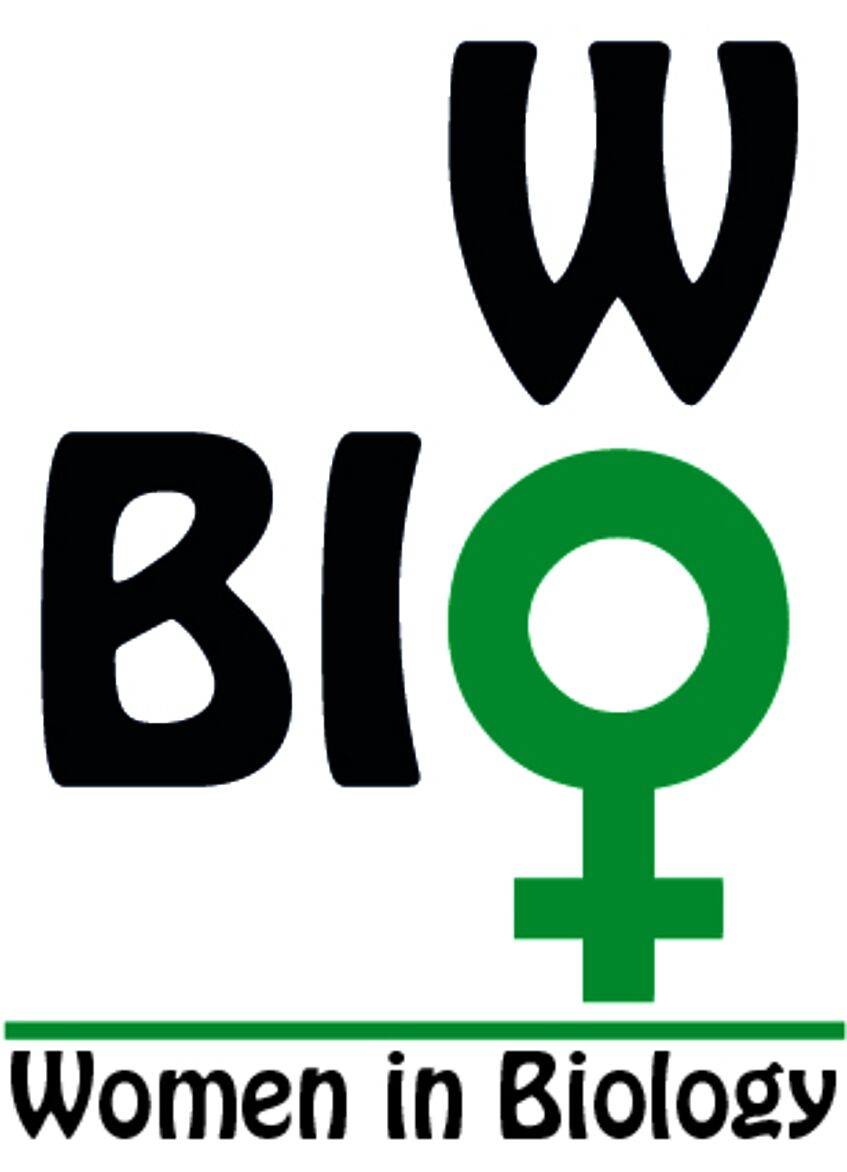Vienna Doctoral School of Ecology and Evolution
The Vienna Doctoral School of Ecology and Evolution is devoted to educating students in advancing our knowledge on the ecology and evolution of extant and ancestral organisms, populations and communities. In Ecology, the ambition is to better understand the mechanistic and evolutionary drivers of patterns and processes from gene regulation to the structure and function of ecosystems and the impact of communities on the biogeochemical cycles and their adaptive capacity in response to environmental change. In Evolution, we address the evolutionary processes leading to changes in organization and temporal dynamics of organisms, populations and species at the molecular, developmental, morphological and physiological level.
Check out our intro video
"We welcome highly motivated PhD candidates, who share the enthusiasm and spirit of our Doctoral School to provide scientific answers to global challenges in ecology and evolution under changing environmental conditions. Our Doctoral School provides excellent conditions and an intellectual environment that allows realizing international competitive research."
Gerhard J. Herndl, Head of the Vienna Doctoral School Ecology and Evolution 2020-2023
The VDSEE is so excited to invite you to this year's retreat in Annaberg near Mariazell. It's a great chance to connect with others, find out about the exciting research projects happening in the DocSchool, and of course, soak in the beautiful views.
The VDSEE Symposium 2026 is coming! Save the date: 27.02.2026
Seminars & Workshops
Enhance your presence and impact through the power of your voice. This workshop helps you improve vocal tone, projection, articulation, and breath control. Through hands-on practice and speech analysis, you’ll refine gestures, pitch, and expression. Learn to manage stress, care for your voice, and boost your confidence. Ideal for anyone looking to...
Together with VDS-CoBeNe we are hosting a two-day Academic Writing Workshop. The focus of this workshop will be on the process of drafting, starting with a rough first draft of a publication and aiming for an accepted final version of the text, ready for publication.
Scientific Presentation Design is in-person workshop for PhD-candidates preparing a scientific talk on two successive Mondays. The course provides structured guidance on narrative development, visual design principles, and effective communication strategies for academic presentations
If you intend to complete your PhD within the next 12 months, this workshop is for you.
This online workshop gives you strategies and tools to craft grant proposals that meet the needs and expectations of your readers. It is for VDSEE PhD-candidates in their last year who plan to submit a grant proposal in the future.
Events
The VDSEE is so excited to invite you to this year's retreat! Join us from the 25.09.2025 - 26.09.2025 in Annaberg near Mariazell.
News
Congratulations to VDSEE-PhD student Amin Ghane! His project “Unraveling The Role Of Structural Variation In Adaptive Radiation: Genomic Insights From New Caledonian Persimmons.” secured him this two-year ÖAW Fellowship!
Congratulations to VDSEE-Alumni Dr. Patrick Jambura who has been awarded the Bernhard Rensch-Prize, for his outstanding PhD-Thesis!
Collaborations:
Opened in 1889, the NHM Vienna is one of the most important natural history museums in the world, with around 30 million objects and more than 841,800 visitors a year.
WasserCluster Lunz is a non-profit research center equally supported by the University of Natural Resources and Life Sciences Vienna (BOKU Vienna), the University for Continuing Education Krems, and the University of Vienna.
The La Gamba Field Station is a research and teaching facility of the University of Vienna, situated at the edge of the Regenwald der Österreicher (Rainforest of the Austrians) in Costa Rica.
Non-profit organization rooted at the University of Vienna and founded to support and develop sustainable life science practices.
Initiative of female scientists. Support the careers of female scientist & equalize the female-male employment status at the faculty of life science at the University of Vienna.
